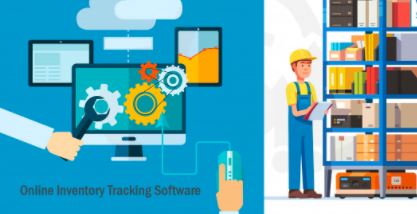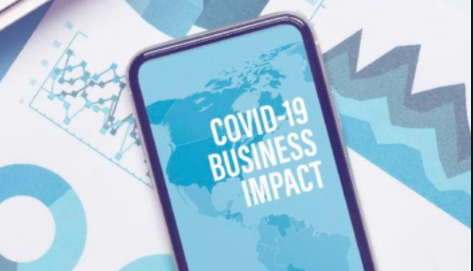Inventory Tracking Software for Your Business

By Debbie Gregory.
VAMBOA, the Veterans and Military Business Owners Association is pleased to provide this mini-series of articles on Inventory Management for our Veteran and Military Business owners. The first article in this series is about the right Tracking Software for your Business. We hope that these articles answer your questions, offer you valuable information and are enjoyable.
Proper inventory management is a valuable tool that makes running your business so much easier. If you do not have a system in place, you will need to find and select the right one that will work for your company size, inventory size, and your budget.
Below are the main factors you need to consider before selecting your inventory tracking software platform:
1.) Cost:
The cost of purchasing and/or upgrading your system is one of the major concerns for any business. This is certainly one of those “you get what you pay for” items. You need to be sure that the system can handle your specific business needs right now as well as allowing you room to grow with what you anticipate needing in the not too far off future. Do not select a system that is so inexpensive and cannot handle what you need it to do. At the same time, do not select the most expensive and feature-rich option if you are not planning on growing into a major national retail chain. In other words, do not buy more than what your needs will be now and going forward.
2.) User-Friendly:
The next biggest concern is how easy the system will be to integrate and use. You need to find a system that is user friendly so that you don’t waste a ton of time and energy trying to figure it out and training yourself and others.
3.) Integrations:
You need to be sure that the inventory software integrates with your other business tools. For example, your inventory management software should be able to integrate with your accounting software, shipping software and your email newsletter provider. Integrated systems should allow you maximize your free time of on some of your other daily tasks.
4.) Detailed Reports:
You will likely need an inventory tracking system that provides detailed reports about your inventory. You need to be able to easily see which products are the most popular in your product offerings and which ones are not so you don’t waste money with the unpopular ones that are not selling.
5.) Product Customization Options:
You need to be able to change your products quickly and easily and not just the quantity. You need to carefully select the right software that allows you to quickly change item prices, shipping, and other important information.
6.) Customer Support:
This is very important from the get-go when you are trying to implement the new system or if there is a major update to the system later. You need to select a platform from a reputable company that you believe will be in business for some time. Additionally, it is very important to make sure that they include support in the purchase of your new system. Test out and call support prior to your purchase and make sure they are there to easily respond to your needs. Make sure that customer support answers call and emails in a timely manner. If they do not, you might seriously consider another vendor.
We hope that you enjoyed this first article in our series. VAMBOA also wants to let you know that we have partnered with Dell Technologies and if you need to update your computers and peripherals, please check out the special discounts just for VAMBOA Members and Friends here: https://vamboa.org/dell-technologies/














